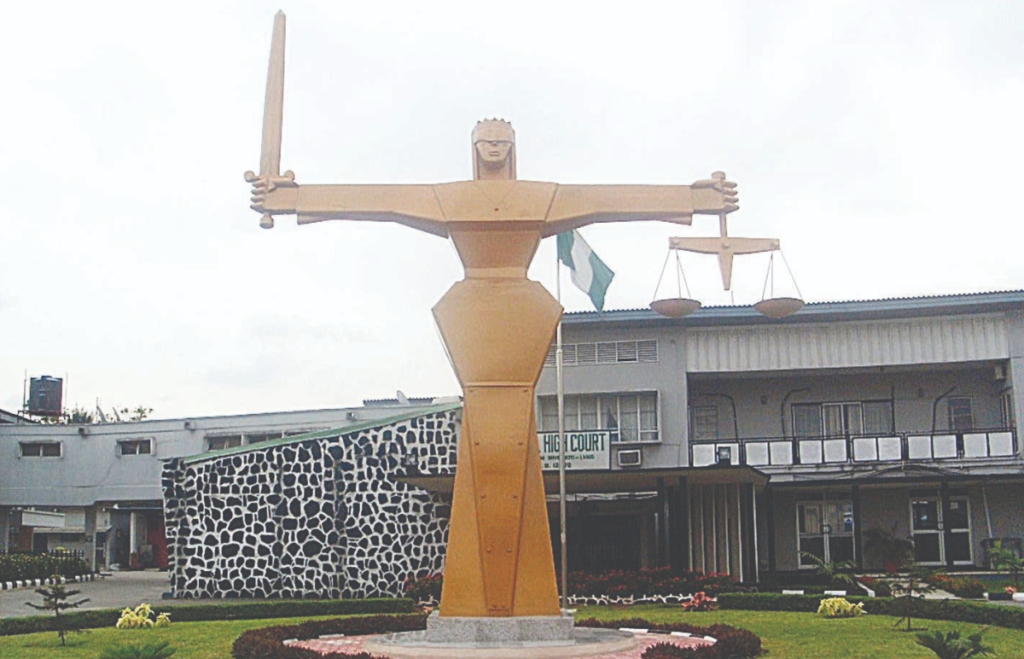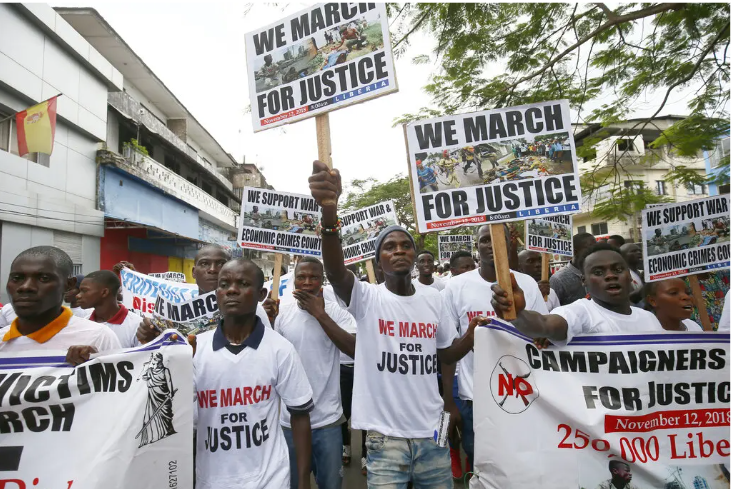One of the key characteristics of a fair trial is open justice, which ensures that the administration of justice is conducted in an open court and is considered a fundamental rule of the common law. With the advent of technology, open justice has come to encompass media coverage of judicial proceedings, allowing for greater transparency and accessibility. Nevertheless, the real question remains whether open justice influences fair trial.
There is an ongoing petition filed by Nigeria’s two major opposition parties, the People’s Democratic Party (PDP) and the Labour Party (LP), challenging the results and victory of the All Progressives Congress in the just concluded 2023 presidential polls. At the pre-hearing session, the lead lawyer of the PDP urged the court to grant the motion for live media coverage of the proceedings. This request is predicated on the argument that an election petition is a public, national, and international matter. While this can be considered a step in the right direction toward ensuring efficiency and transparency in the judicial process, one cannot overlook the implications of an open trial.
Open justice’s capacity to encourage openness and accountability in the legal system is one of its good aspects. Open justice fosters confidence in the judicial system by making proceedings public, allowing citizens to see and understand how justice is delivered. Granting live media coverage of the hearings in the ongoing presidential election petition can be considered a step toward guaranteeing efficiency and transparency in the legal system. However, a common misconception is that a fair trial is prevented by open justice. The impact on juries is undoubtedly a significant factor. However, this peculiarity leans greater toward criminal trials, although not exclusive to them. Although the chances of a misjudgement arising from media influence are minimal, the possibility of external pressure from the public and media houses remains likely. The potential for live coverage to disrupt society, particularly when ongoing proceedings are unfavourable, cannot be overlooked.
It is apt to say that open justice through the courts can be viewed from both a positive and negative angle, ensuring transparency on one hand while possibly influencing the judicial proceedings through pressure from public opinions and debates. The possibility of live coverage disrupting society cannot be overlooked. In a situation where ongoing proceedings are unfavourable, the possibility of the “unfavoured” reacting remains high.
The conduct of open justice goes a long way in giving confidence in the integrity and independence of the courts; however, the degree of openness could constrain the purposes for which it was introduced. It is worth noting that the 2023 presidential election petition is one of national and international interest. As such, a live broadcast puts Nigerians and other observers in a position to be better informed. However, precautions should be taken to ensure it does not unduly influence or prejudice the proceedings. The judiciary must establish clear guidelines and protocols for media coverage to mitigate the risks of undue influence or disruption. Media organizations should adhere to ethical standards and report responsibly to minimize potential negative impacts. Additionally, the judiciary should be able to impose reporting restrictions or close hearings when necessary to protect the interests of justice or ensure a fair trial.



